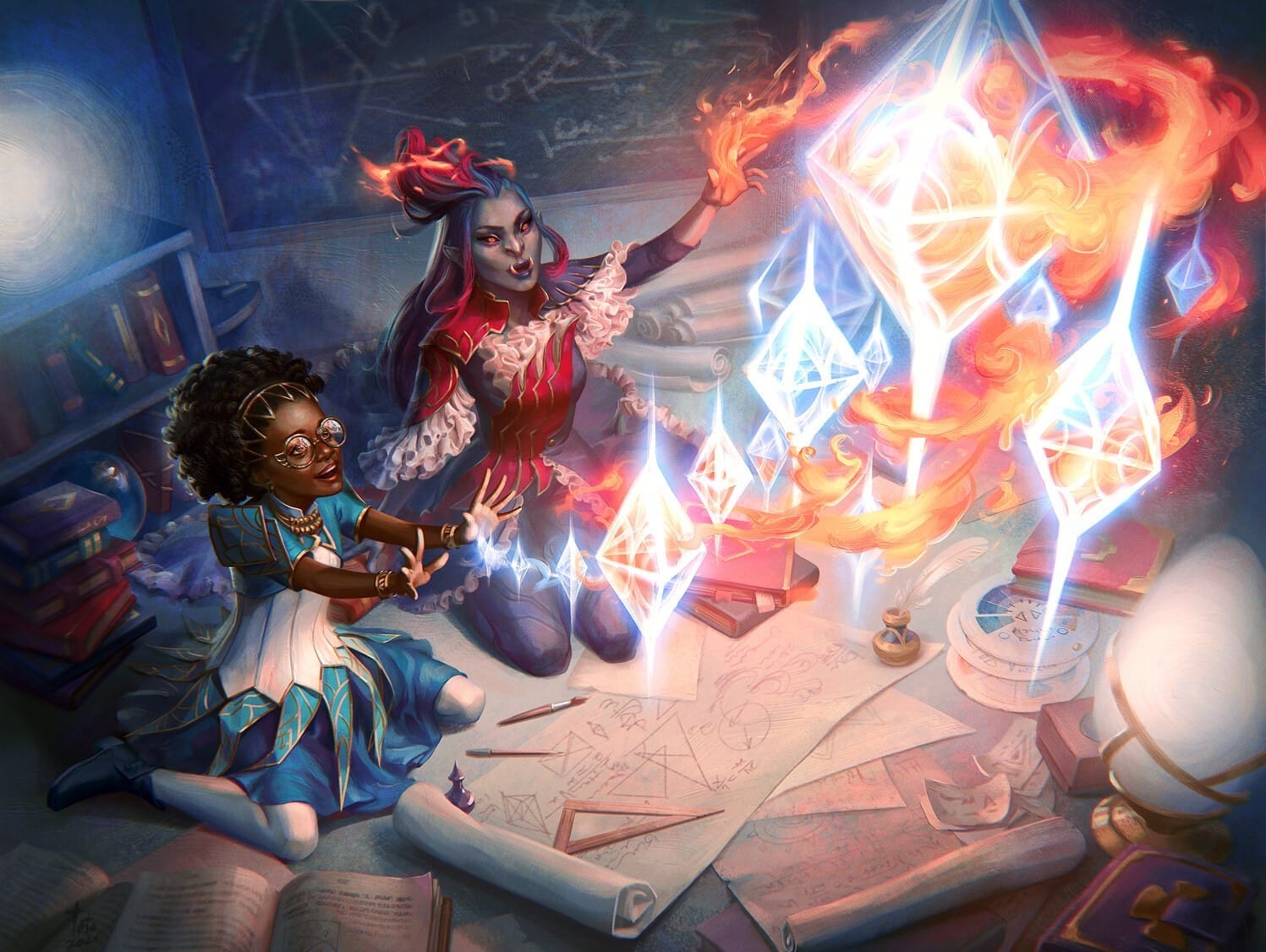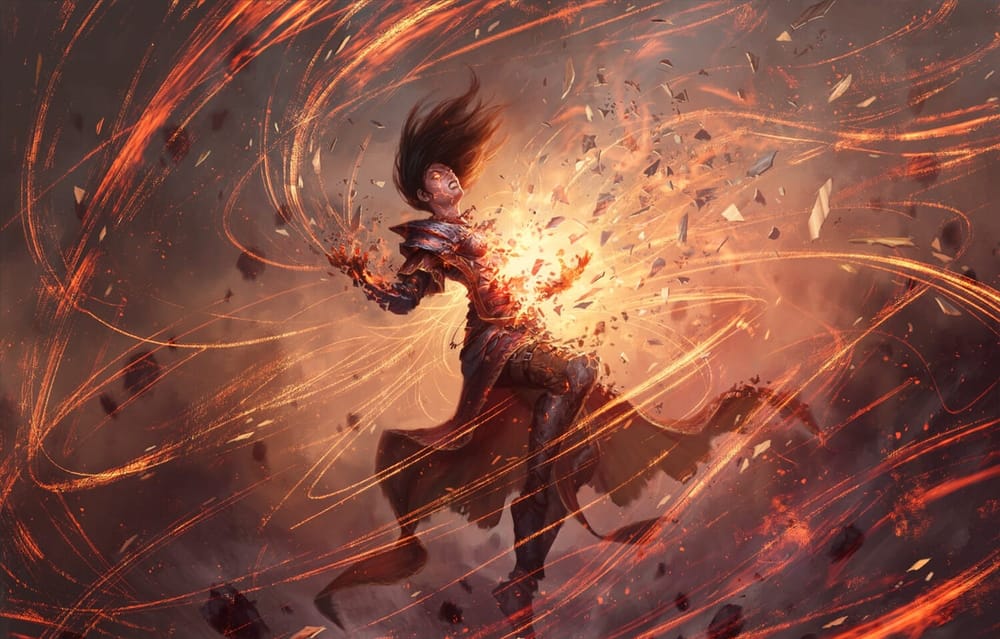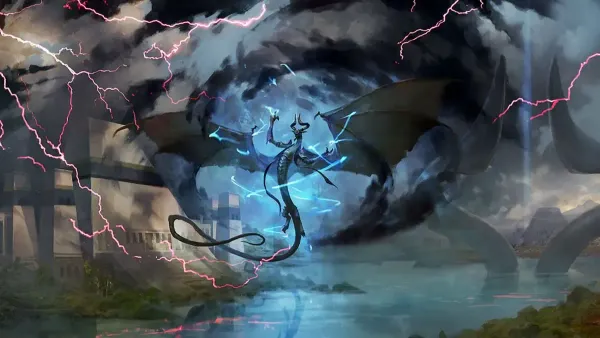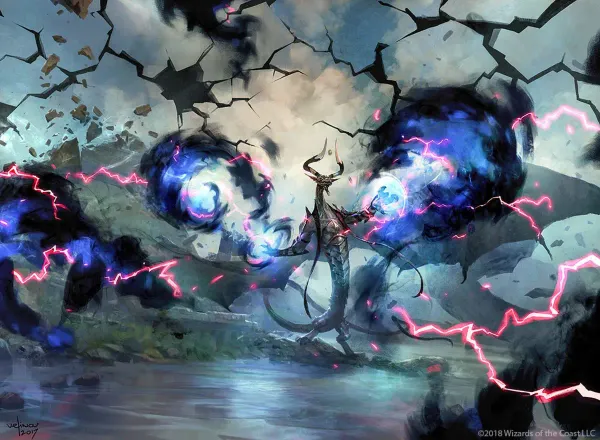Play for Fun (Not Power)
Power tends to corrupt, and absolute power corrupts absolutely.
From my experience, players searching for power can often lead them astray from what they use to find fun.
As players keep playing Commander, it is only natural that they want to get better and improve their chances to win. Many see their deck is not performing as well they think it should.
They may see some players winning more often, whether it be with some really strong deck strategies and cards or they keep seeing the same commanders performing well. This can cause a player to think that they need a different commander/deck.
There is a common thing I've seen that players stumble upon when they are looking at getting better. That is CEDH.
CEDH
When looking at upping your win rate, I've seen players start to gravitate towards looking at popular and powerful commanders. It quite often leads to players looking at what's known as CEDH.
CEDH is also known as Competitive Elder Dragon Highlander, known as competitive commander. It is not a format itself. It is just Commander with the mindset of building and playing a deck to win, playing it at the highest possible level. There are many CEDH commanders which are well known in the format.
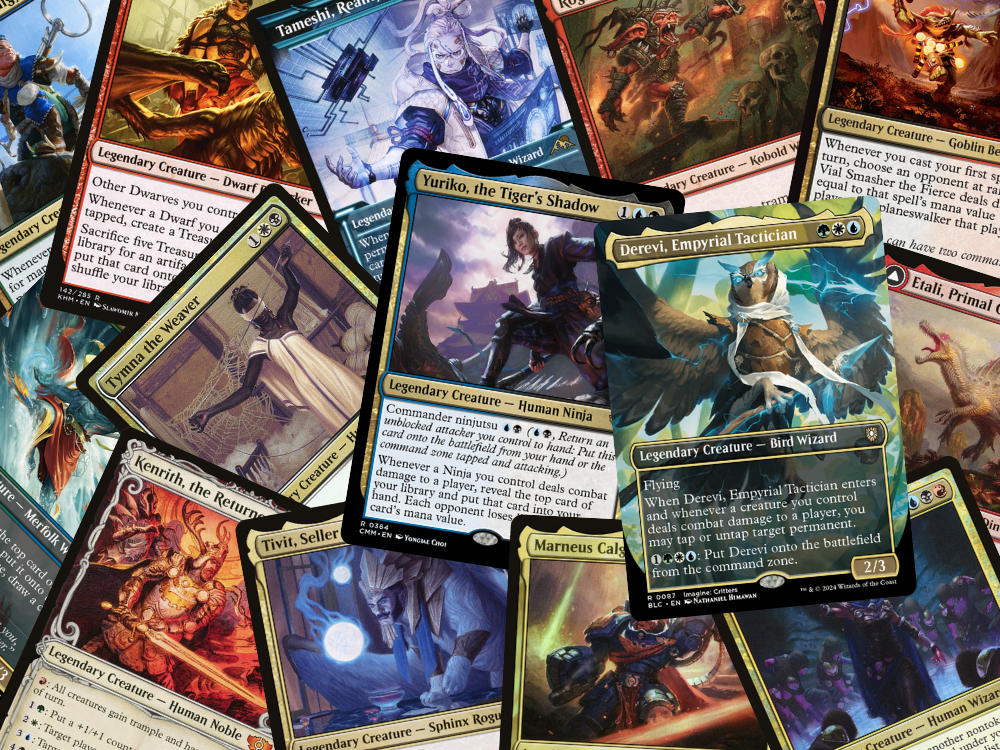
I've seen players gravitate a lot of the time to these commanders since they have been tested and explored in depth by the community.
This can be a wrong way at looking at getting better, as it creates an ever-feeding cycle. You can have a new player look at a popular CEDH deck and want to try it. This gives more popularity to that deck and makes it more relevant. Another player may see the growing popularity of the deck and want to try it themselves. Thus, the cycle repeats itself.
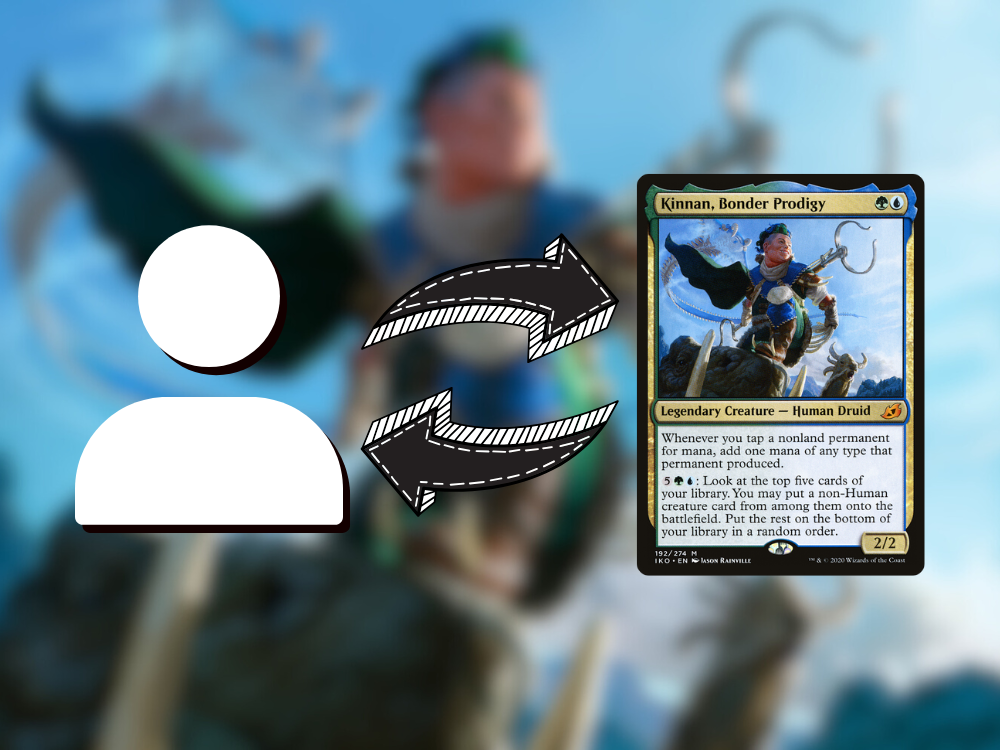
However there are some players who go against the grain and try they own unique commanders and strategies, sometimes getting seen and even popular enough to be recognised as a CEDH commander. Tivit, Seller of Secrets is one such commander.
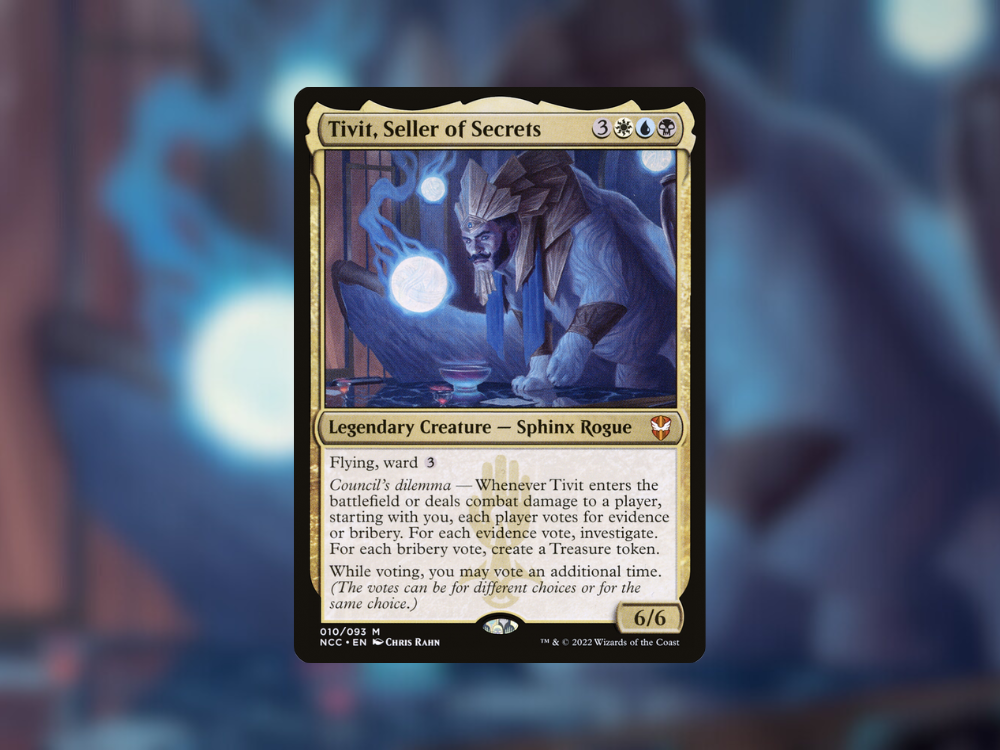
These unique strategies just don't come out of nowhere however. They take time to test and master.
Mastery Takes Times
A lot of new players give up on their decks too soon. Those who stick with them and master them are eventually rewarded.
There is a famous quote I like to reference about this topic:
It takes 10,000 hours to become an expert in anything.
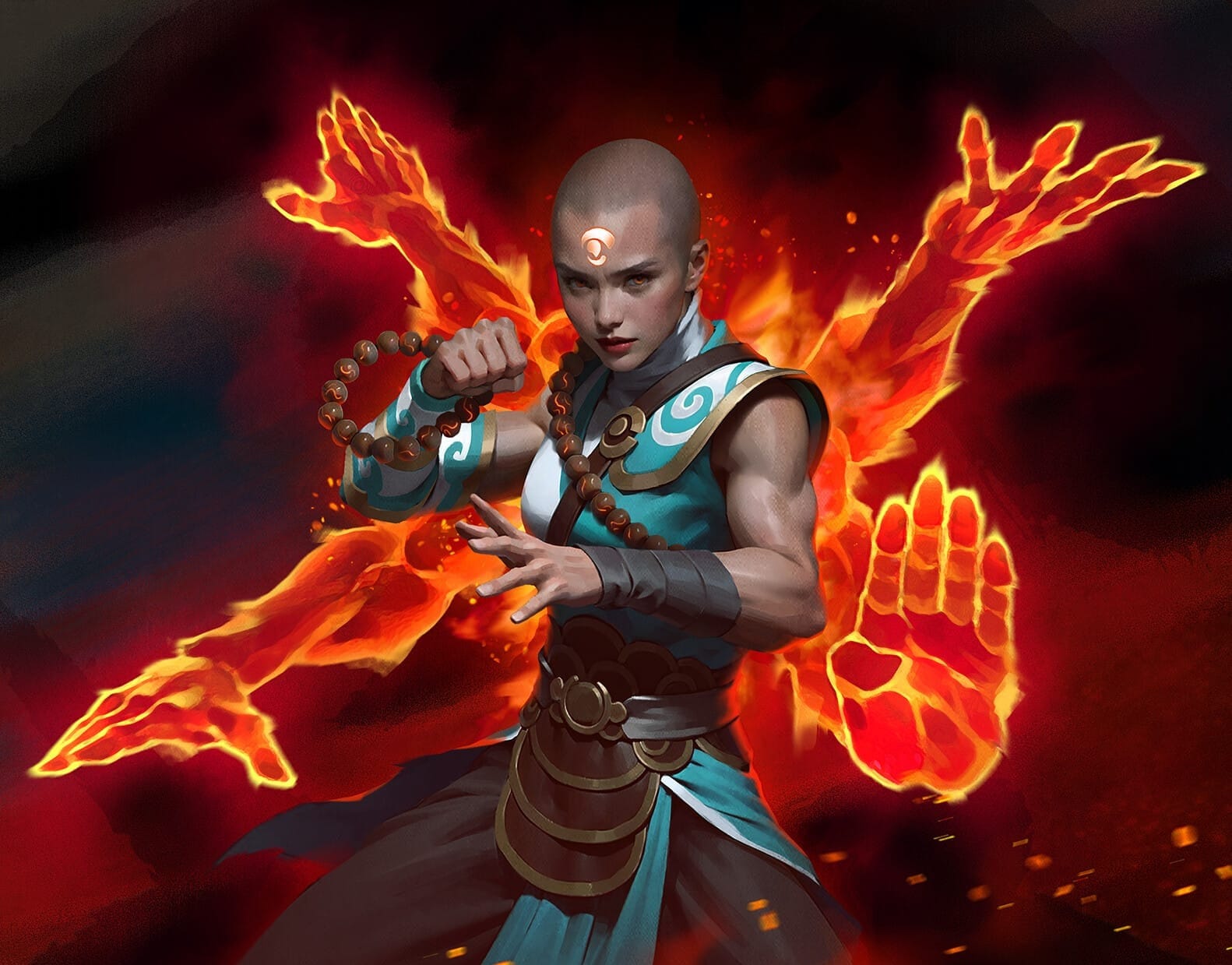
Now this is not realistic, but is absolutely true that practice and experience helps breed mastery.
Giving one's time to a deck can help a player figure out where it needs to shore up its faults. This could be anything from requiring more draw to finding that the mana curve of the deck is too high.
I am more focused when versing a playing who knows the ins-and-outs of their deck rather than a player playing a well-known commander. I myself have been able to get out of tricky situations and win games that looked un-winnable because I knew exactly how to play my deck and the lines to achieve it.
There is another quote I like to reference when talking about this topic.
I fear not the man who has practiced 10,000 kicks once, but I fear the man who has practiced one kick 10,000 times.
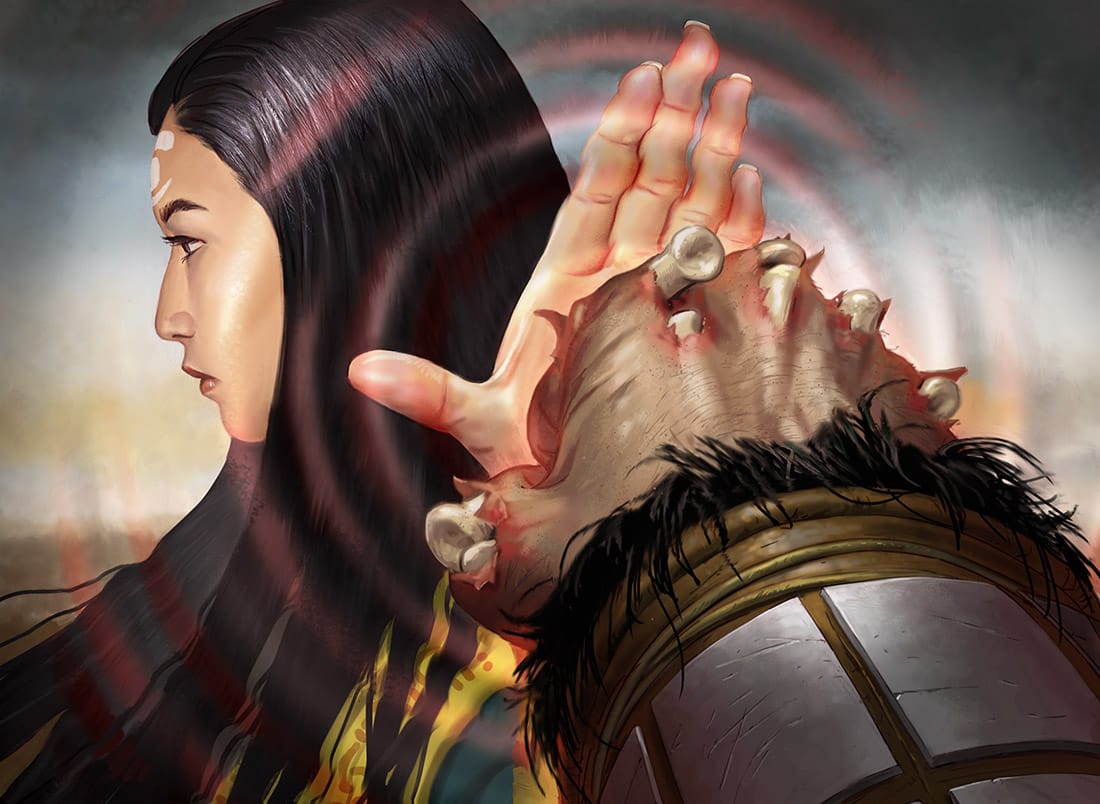
The same goes for playing a commander deck. Mastering and focusing on one commander is more effective than trying to master many.
One of my favourite decks in the past never was considered competitive. Selvala, Explorer Returned. It was a heavy elf-focused deck with the ability to constantly generate mana and force everyone to draw cards.
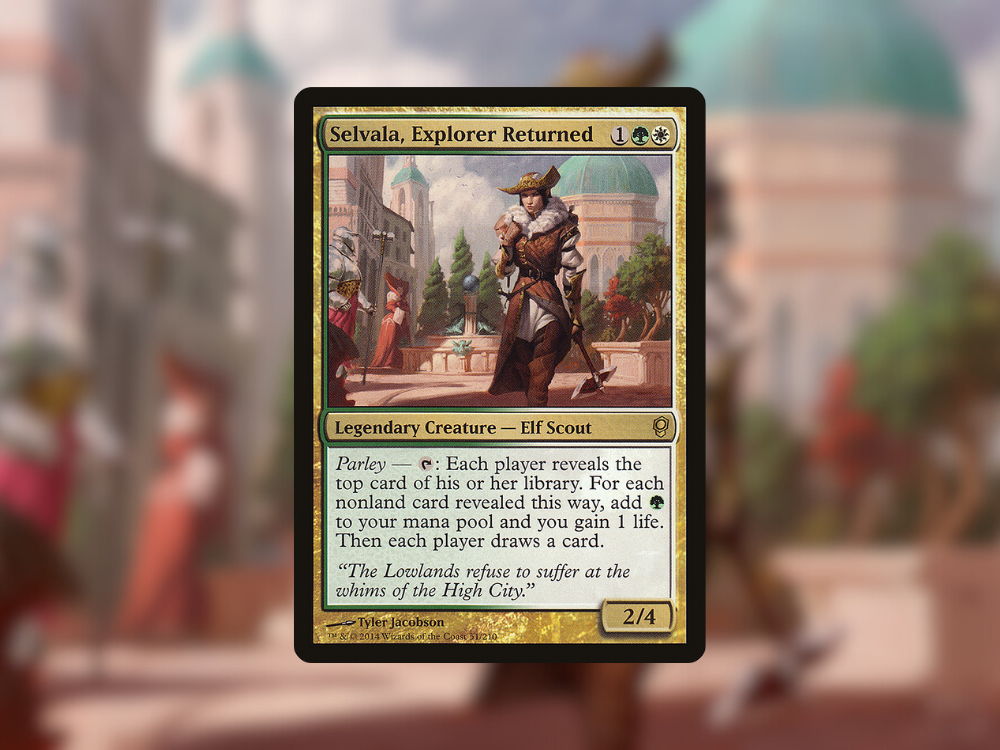
I found the strategy fun and unique. A common way to win with the deck was to focus every opponent to draw out from the commander's parley ability.
I played the deck for many months and was talked into attending a few CEDH tournaments with it. Players didn't take the deck seriously as it's a commander that gives opponents cards which people thought of as a massive downside. I regularly started claiming 1st & 2nd in these tournaments with it. After a while I would retire the deck.
A few years later, I was checking out known CEDH commanders only to find out that Selvala, Explorer Returned had become recognised as a CEDH commander herself. Looking over decklists, I found my list was similar to how others were playing her.
This is a good example that with enough time, effort, trial and error, you can truely make a deck's strategy work.
It is a Game
I cannot stress this enough. Commander is a game. I've seen players looking at taking the fun out of their deck in order to try and win. At that point, are you having fun anymore?
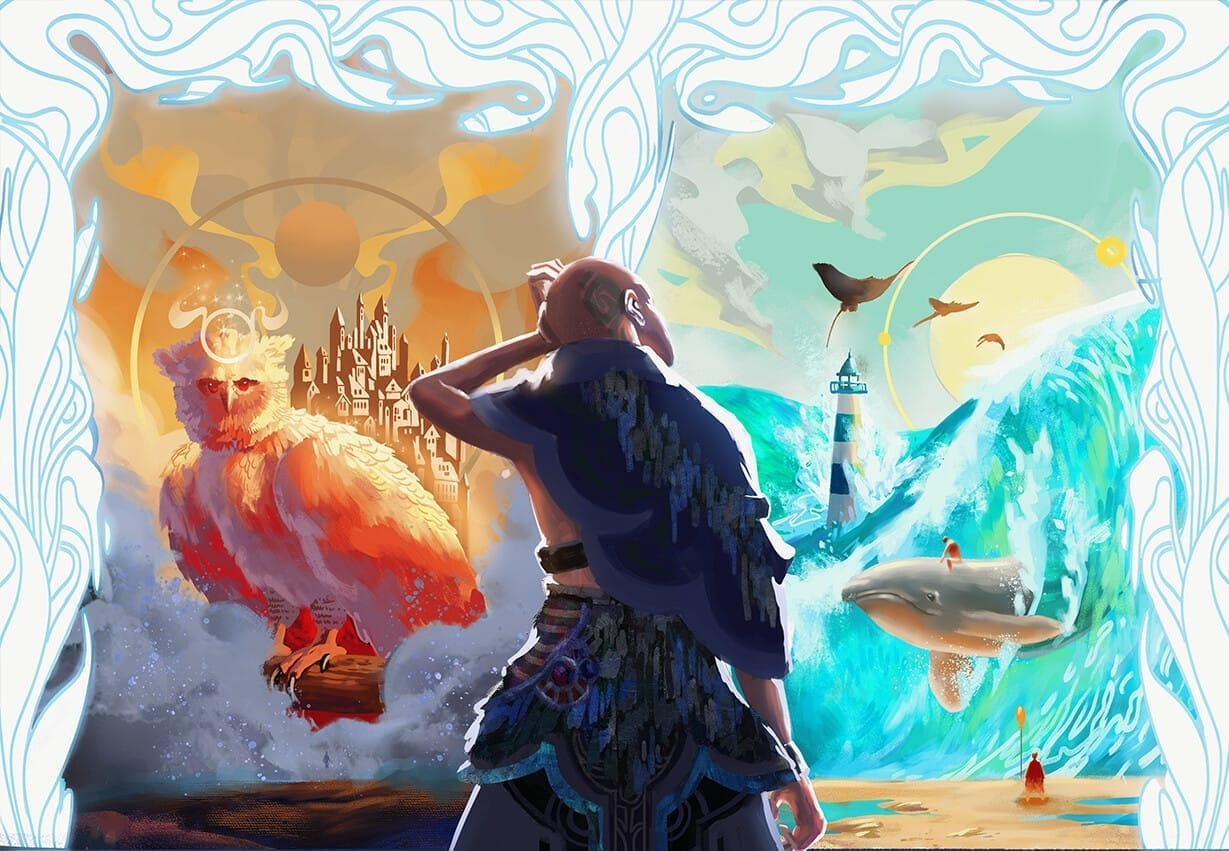
When I help people build their decks, I always ask what they find fun in the deck and push the deck to do more of that. If I was to just build the same generic deck for everyone, there would be no originality and a lot of players would get bored of the game.
I even warn players who are looking at CEDH decks that they may not find them fun, informing them of the pros and cons they might not have seen.
Things to Consider
There are a few things to note before looking at changing your commander/deck to a more powerful one.
A lot players forget that in a typical 4 player game of commander, you only have a 25% chance of winning that game. Even veteran players forget this from time to time. Your strategies and politics help with your win rate, but you always start with a 25% chance to win a typical game of commander that you sit down to. A win rate above 25% is considered good.
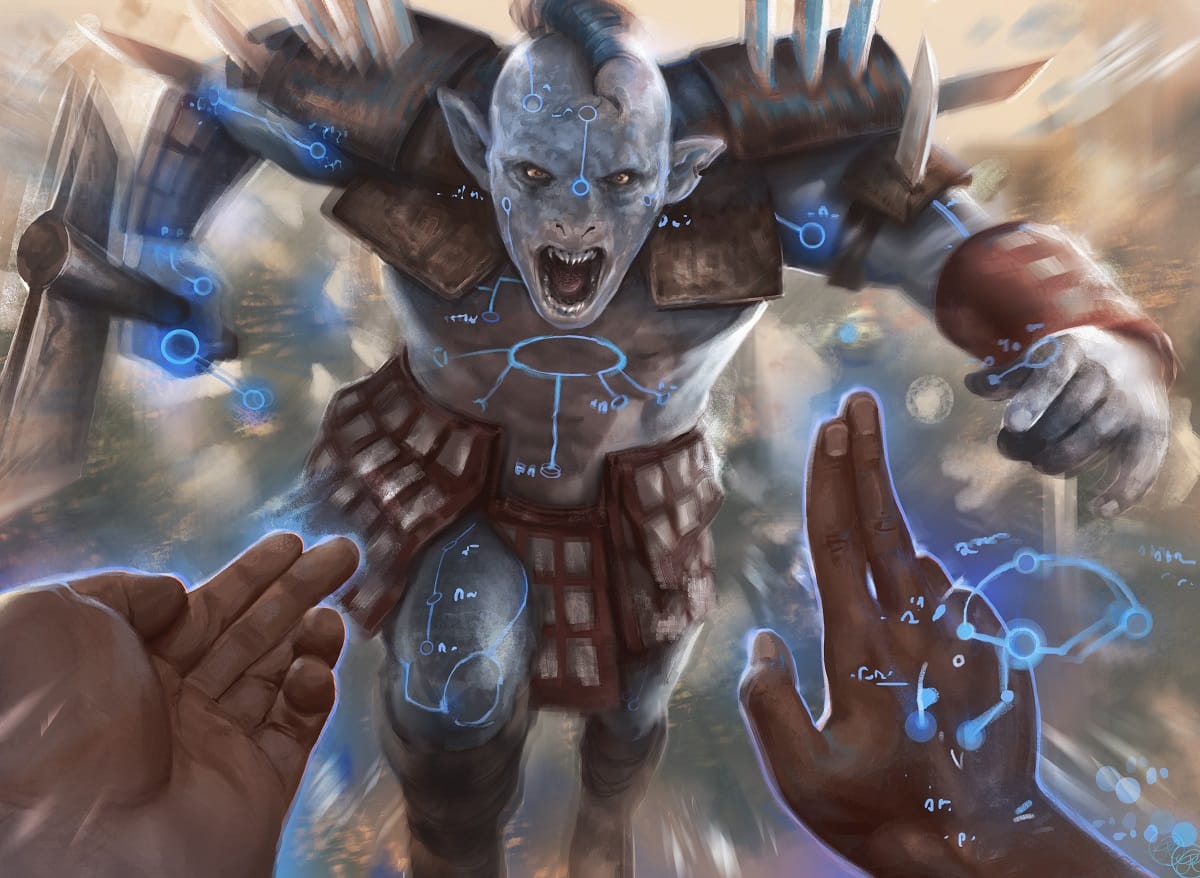
You should consider if you know the ins-and-outs of your deck. Such things include:
- Knowing how to properly mulligan to get a good starting hand for your deck,
- Knowing exactly what cards to help you get you out of a bind, and
- Knowing your deck's strengths & weaknesses.
A player is who knows their deck to this level of degree is way stronger than a player just playing a well known powerful strategy.
The final point I'd like to make is that there is no point playing a commander you don't enjoy. Commander is a game and a casual format after all.
